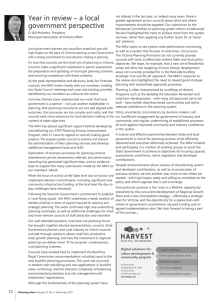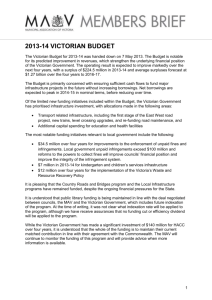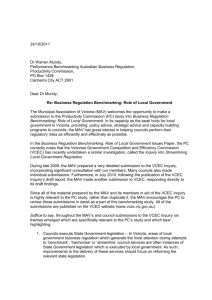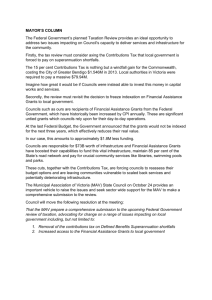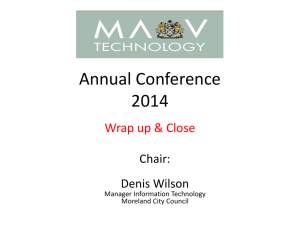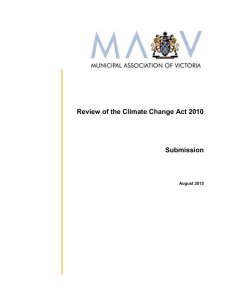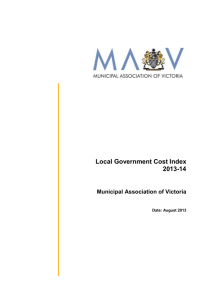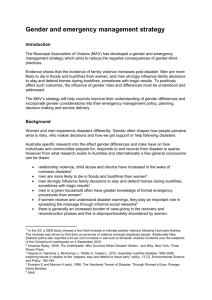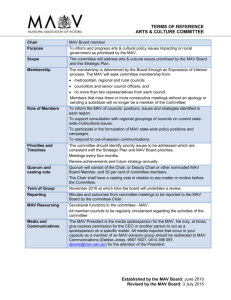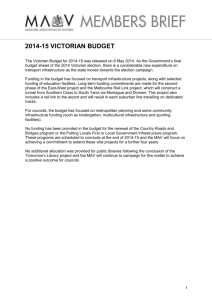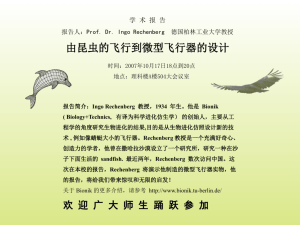MAV STATEMENT OF COMMITMENT TO Cultural Diversity
advertisement
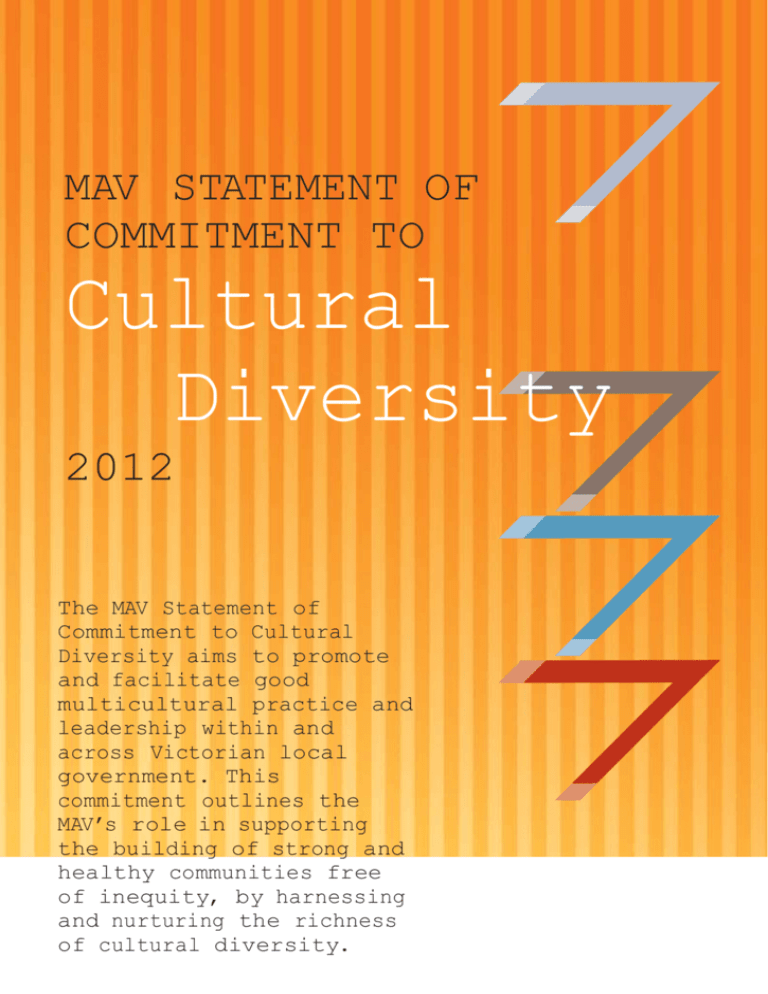
MAV STATEMENT OF COMMITMENT TO Cultural Diversity 2012 The MAV Statement of Commitment to Cultural Diversity aims to promote and facilitate good multicultural practice and leadership within and across Victorian local government. This commitment outlines the MAV’s role in supporting the building of strong and healthy communities free of inequity, by harnessing and nurturing the richness of cultural diversity. MUNICIPAL ASSOCIATION OF VICTORIA Level 12, 60 Collins Street, Melbourne VIC 3000 GPO Box 4326, Melbourne 3001 Telephone: 03 9667 5555 Email: inquiries@mav.asn.au Website: www.mav.asn.au Published in 2012 VISION Victoria is one of the world’s great multicultural societies. Collectively and individually, cultural diversity is integral to our identity and this contributes to the economic, social, political and cultural life within municipalities. The MAV’s vision is for a strong local government sector providing leadership in the way cultural diversity is recognised, nurtured, respected and valued. Central elements of access, equity, participation and inclusiveness underpin all of local government business. STATEMENT OF COMMITMENT Local government plays an important role in the development and support of communities, and fostering social cohesion. The MAV provides leadership and support in promoting a whole-of- council response to cultural diversity, and commits itself to support and strengthen councils’: > advocacy within and on behalf of local government on cultural diversity and interfaith issues > knowledge base to facilitate acquisition of cultural competence and inform appropriate and responsive policies, strategies, services and programs > partnership and relationship development between local government, the Victorian and Australian governments and the community sector > organisational capacity to address, engage and embed cultural diversity practices > identification, promotion and celebration of the economic, cultural and social benefits of cultural diversity. ACTIONS The MAV provides leadership and support to local government through: 1> Development and negotiation of policy positions and strategic responses on cultural diversity issues 2> Partnerships at relevant state, national and sectoral levels 3> Building expertise and capacity in local government to embed cultural diversity management practices across all of council business 4> Pro-active engagement across the local government sector including a collegiate working partnership with the Victorian Local Government Multicultural Issues Network 5> Preparation of a plan to guide local government policy and program development 6> Policy advice and support for individual councils and across the local government sector to address cultural diversity 7> An active network of cultural diversity planners (or nearest equivalent) across all Victorian councils 8> Workshops, forums and a biennual conference to enhance the sector’s capacity to address cultural diversity issues 9> Showcasing good practice and raising the profile of cultural diversity across and within councils PRINCIPLES The MAV Statement of Commitment to Cultural Diversity is based upon the following principles: > Social justice and human rights > Access and equity > Social inclusion and equal opportunity for participation > Strong and healthy communities > Freedom from structural and individual discrimination and racism > Addressing diversity as central to all aspects of policy development and program design > Gender equity. CONTEXT The MAV’s Statement of Commitment to Cultural Diversity is informed by: > Australian, Victorian and local government legislation and strategies on recognising and embracing cultural diversity > Local government’s role as a representative government taking into account the diverse needs of local communities, as specified in the Local Government Act 1989 > Local council cultural diversity and multicultural plans. CULTURAL DIVERSITY More broadly, cultural diversity can include a range of differences. For the purposes of this statement we particularly focus on culture, language, race, faith and ethnicity differences arising from Australia’s migration program. With people from more than 200 nations, speaking more than 200 languages and dialects and following more than 120 faiths, Australia is one of the world’s great multicultural societies. Victoria is recognised as a leading state in responding to cultural diversity arising from Australia’s migration and refugee programs. The communities represented by local government across Victoria are among the most culturally, linguistically and religiously diverse in Australia; a diversity embraced, nurtured and celebrated by the MAV and Victoria’s 79 councils. The MAV recognises and respects the unique place of Aboriginal people as the first inhabitants of the land. No matter how large or small the culturally diverse population is in any one municipality, councils need to have mechanisms in place that respond to the needs of all members of their communities in an inclusive and meaningful way. LEGISLATIVE FRAMEWORK AND CONTEXT The MAV’s Statement of Commitment to Cultural Diversity 2012 is informed and supported by key legislation and strategies at Australian, State and local government levels. Key Australian legislation and context includes: > People of Australia – the Australian Government’s Multicultural Policy Statement 2011 > Charter of a Public Service in a Culturally Diverse Society 1999 > Human Right and Equal Opportunity Act 1986 > Racial Discrimination Act 1975 > Services for All – Australian Local Government Association Key State legislation and context includes: > Victorian Multicultural Act 2011 > All of Us Victorian Government Policy Statement 2010 > Valuing Cultural Diversity – Victorian Office of Multicultural Affairs > Racial and Religious Tolerance Act 2001 > Victorian Equal Opportunity Act 2010 Key local government legislation and context includes: > Local Government Act 1989 – Improve overall quality of life of people in the community – Ensure services delivered are equitable and accessible – Acting as a representative government by taking into account the diverse needs of the local community in decision-making, and fostering community cohesion and encouraging active participation in civic life. > The MAV’s Statement of Commitment to Cultural Diversity 2007
